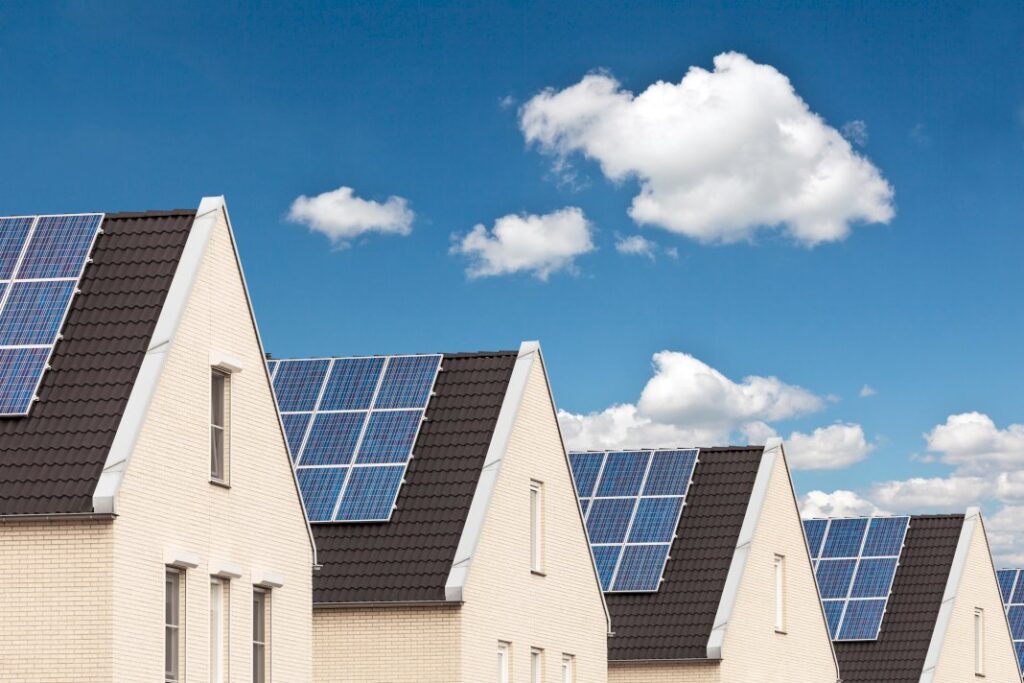As women and mothers, you always strive to provide the best for your family. One of the ways you can do this is by adopting sustainable living practices. Sustainable living means making choices that reduce waste, conserve natural resources, and minimize your impact on the environment.
At first, it might seem inconvenient, and you might fear the costs involved. But, in reality, numerous benefits to sustainable living make it worth it for your family and future generations. Here’s what you need to know about sustainability, why it suits your family, and how to get started.
Sustainability And The World
Global warming’s effects on the planet are becoming increasingly evident. Many see it in extreme weather events like hurricanes, droughts, and floods that have recently occurred worldwide. This is why sustainability has become essential to ensure your children and grandchildren a better future.
Sustainability means using resources responsibly while minimizing waste and pollution. It’s beneficial for your family and the environment. Here are some reasons why:

1. It Saves Money
Sustainable living can be a financially beneficial decision. You pay less monthly bills by reducing waste and using less water and energy. For instance, switching to LED light bulbs can save up to $10 to $20 per bulb over conventional bulbs. Choosing energy-efficient appliances helps conserve energy, thereby reducing your monthly electricity bills. Similarly, fixing leaks and using low-flow water fixtures can lower water usage, reducing your water bill.
2. Health and Well-being
There are various ways sustainable living is beneficial to our health and well-being. By using sustainable, organic, and locally grown food, you’re not only avoiding chemicals and preservatives but also supporting local economies. Fresh food and vegetables will benefit your family’s health and overall well-being.
3. It Creates a Better Environment
As mothers, you care about the environment and want your children to grow safely and clean. Adopting sustainable living practices reduces waste and carbon footprint, helping the environment. This includes reducing waste, recycling, using cloth diapers, and using environmentally friendly products in your household.
4. Encourages Active Involvement From Kids
Sustainability is not just about adults; it also involves children. Talking and educating children about sustainable living helps them understand the importance of it. Encouraging kids to participate in basic actions like recycling or turning off the lights when leaving a room helps them feel involved and a part of the more significant effort to create a healthier future.
5. It Sets a Good Example For Future Generations
By adopting sustainable living practices, you set an excellent example for your children and future generations. It is essential to teach the next generation the importance of environmental awareness. It helps instill good habits and practices while providing a better future for yourself and future generations.
How to Get Started
There are various ways you can get started in sustainable living. Here are four practical ways:

Green Energy
The first step is to switch to green energy. Using renewable energy sources like solar, wind, and geothermal helps reduce your carbon footprint while reducing your electricity bill. You can also get state and federal tax credits of up to 30 percent of the cost of installing a new energy-efficient system. However, first, you need an accurate consumer energy home evaluation. This evaluation looks into your energy usage to determine the potential savings from switching to green energy. This way, you can differentiate between switching to green energy.
Reusable Products
Another way to start is to use reusable products instead of disposable ones. Disposable items contribute to landfill waste, so it’s best to avoid them. Choose reusable products like cloth bags, containers, and water bottles over single-use plastic alternatives that harm the environment.
Grow Your Food
Growing your food helps reduce waste and pollution from packaging, shipping, and transport. You can start a small garden in your backyard or balcony to grow fresh vegetables and herbs for you and your family. This gives you access to fresher produce and cuts down on costs in the long term.
Reduce Water Usage
Lastly, reducing water usage is an effective way to start living sustainably. This includes simple actions like turning off taps while brushing your teeth, taking shorter showers, and using low-flow fixtures in the bathroom. You can also use rainwater collection systems to water plants and lawns or a smart irrigation system to save water.
Sustainable living is easy for your family and the environment. With these tips, you can start making positive changes today to ensure a better future for yourself and future generations.
It’s important to remember that small changes add up over time! Every action makes a difference, so think about what you can do today to promote sustainable living in your household.
For more valuable information visit our website.





